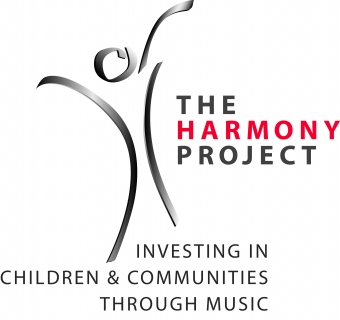- Education Topics
- Achievement Gap
- Alternative Education
- American Education Awards
- Assessment & Evaluation
- Education during COVID-19
- Education Economics
- Education Environment
- Education in the United States during COVID-19
- Education Issues
- Education Policy
- Education Psychology
- Education Scandals and Controversies
- Education Reform
- Education Theory
- Education Worldwide
- Educational Leadership
- Educational Philosophy
- Educational Research
- Educational Technology
- Federal Education Legislation
- Higher Education Worldwide
- Homeless Education
- Homeschooling in the United States
- Migrant Education
- Neglected/Deliquent Students
- Pedagogy
- Sociology of Education
- Special Needs
- National Directories
- After School Programs
- Alternative Schools
- The Arts
- At-Risk Students
- Camps
- Camp Services
- Colleges & Universities
- Counties
- Driving Schools
- Educational Businesses
- Financial Aid
- Higher Education
- International Programs
- Jewish Community Centers
- K-12 Schools
- Language Studies
- Libraries
- Organizations
- Preschools
- Professional Development
- Prom Services
- School Assemblies
- School Districts
- School Field Trips
- School Health
- School Supplies
- School Travel
- School Vendors
- Schools Worldwide
- Special Education
- Special Needs
- Study Abroad
- Teaching Abroad
- Volunteer Programs
- Youth Sports
- For Schools
- Academic Standards
- Assembly Programs
- Blue Ribbon Schools Program
- Educational Accreditation
- Educational Television Channels
- Education in the United States
- History of Education in the United States
- Reading Education in the U.S.
- School Grades
- School Meal Programs
- School Types
- School Uniforms
- Special Education in the United States
- Systems of Formal Education
- U.S. Education Legislation
- For Teachers
- Academic Dishonesty
- Childcare State Licensing Requirements
- Classroom Management
- Education Subjects
- Educational Practices
- Interdisciplinary Teaching
- Job and Interview Tips
- Lesson Plans | Grades
- Professional Development
- State Curriculum Standards
- Substitute Teaching
- Teacher Salary
- Teacher Training Programs
- Teaching Methods
- Training and Certification
- For Students
- Academic Competitions
- Admissions Testing
- At-Risk Students
- Career Planning
- College Admissions
- Drivers License
- Educational Programs
- Educational Television
- High School Dropouts
- Higher Education
- School Health
- Senior Proms
- Sex Education
- Standardized Testing
- Student Financial Aid
- Student Television Stations
- Summer Learning Loss
Harmony Project

Basic Information
Address: 817 Vine Street, Suite 212
Los Angeles, CA 90038
Phone Number: (323)462-4311
Fax Number: (323)462-4367
Email: Info@harmony-project.org
Director: Myka Miller
Additional Information
Causes Served: Inverst children and community through music.
Population Served: Low income families.
Ages for Volunteer: 14 plus
Mission Statement:
Harmony Project's mission is to
· Promote the healthy growth and development of children through the study, practice and performance of music.
· Build healthier communities by investing in the positive development of children through music.
· Develop children as musical ambassadors of peace, hope, and understanding amongst people of diverse cultures, backgrounds, and beliefs.
We accomplish this by bringing quality music instruction to children who otherwise would not have access to it; complementing music education with supporting resources and opportunities; and fostering a community of families that actively support their children’s growth and development.
Philosophy/Belief Statement:
It's our project to build the harmony. Through music education, we teach children how to respect and cooperate. They become disciplined and confident in the process of music appreciation and performance. Children stay out of trouble because they are occupied by music learning.
Events:
The program operates on a semester system, with 16-week sessions in the Fall and Spring. The summer consists of an 8-week session that includes the Summer Music Festival. Students receive a minimum of 80 hours and up to 300 hours or more of supervised activity each year.



